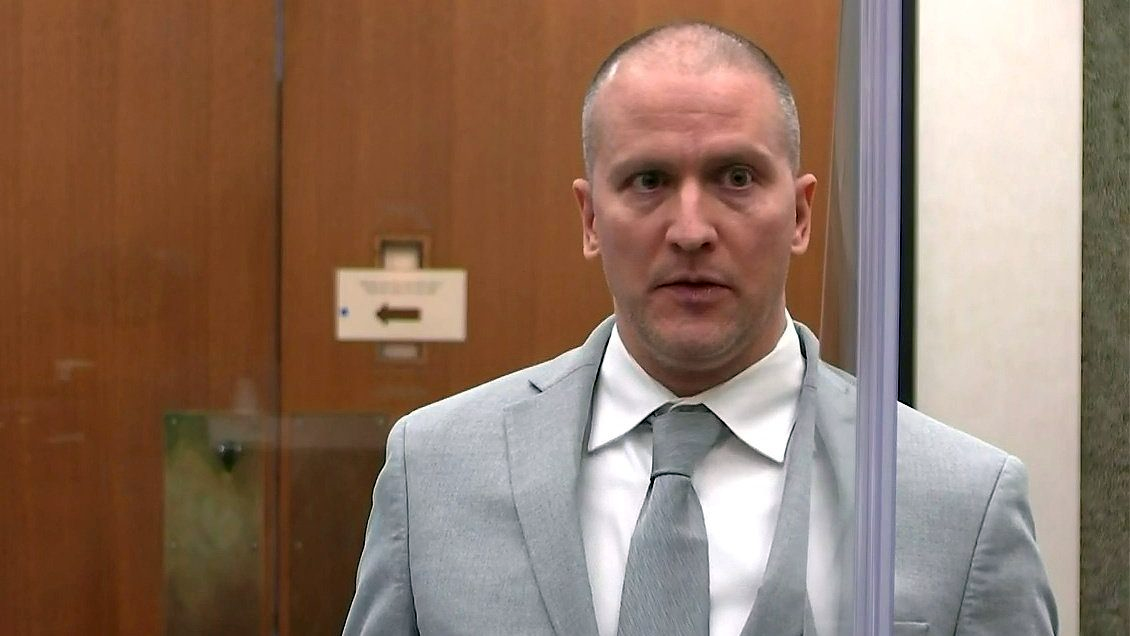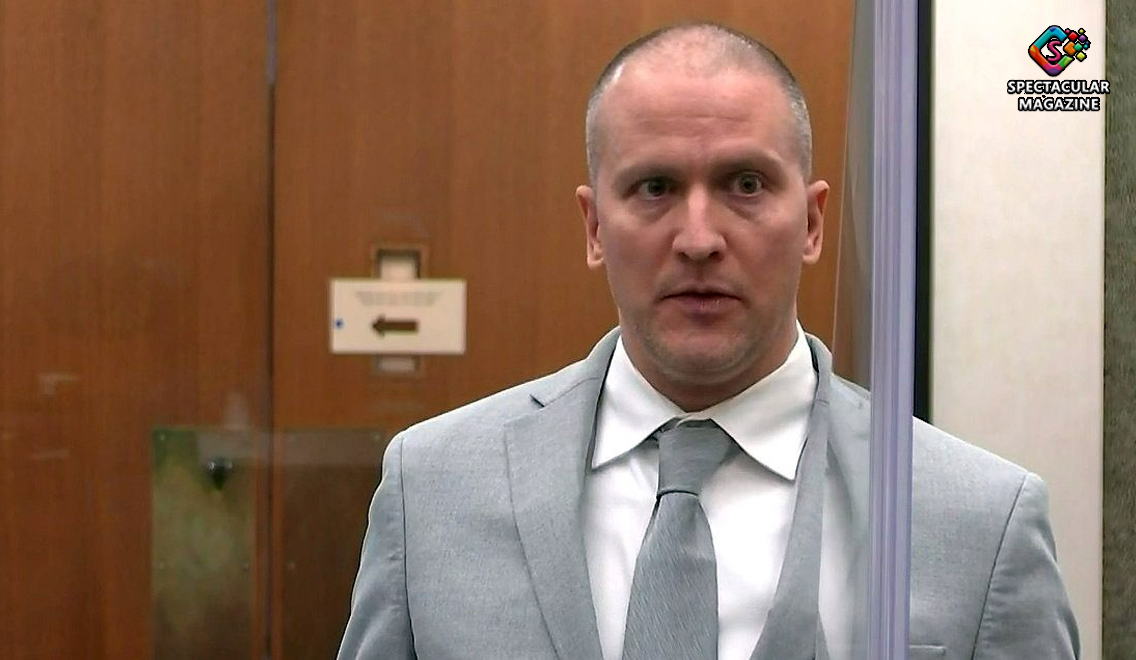Derek Chauvin Will Ask U.S. Supreme Court To Overturn George Floyd Murder Conviction

Derek Chauvin, the former Minneapolis police officer convicted of second-degree murder in the killing of George Floyd, plans on asking the U.S. Supreme Court to review his conviction. This is a result of the Minnesota Supreme Court refusing to hear the case, Chauvin’s attorney William Mohrmann stated Wednesday (July 19).
Minnesota’s highest court rejected Chauvin’s petition in a one-page order that was dated July 18. As of right now, Chauvin’s conviction and 22-and-a-half-year sentence remain valid. Though Mohrmann remains steadfast about moving forward, the U.S. Supreme Court only hears about 100 to 150 appeals of the 7,000 cases it is asked to review annually.
On May 25, 2020, Chauvin killed Floyd by placing his knee on Floyd’s neck. The tragic incident, which was recorded by bystanders, lasted for nine and a half minutes. In one video in particular, Floyd could be heard saying “I can’t breathe.” His death sparked police brutality protests all across the country.
Mohrmann requested that the Minnesota Supreme Court hear the case in May after the Minnesota Court of Appeals rejected his arguments in April that Chauvin was denied a fair trial. In a response last month, the Minnesota attorney general’s office asked the Supreme Court to allow that ruling to stand instead.
“Petitioner received a fair trial and received the benefit of a fulsome appellate review. It is time to bring this case to a close,” prosecutors wrote at the time. Mohrmann disagreed. “This criminal trial generated the most amount of pretrial publicity in history. More concerning are the riots which occurred after George Floyd’s death (and) led the jurors to all express concerns for their safety in the event they acquitted Mr. Chauvin,” he said.
Chauvin pleaded guilty to a separate federal civil rights charge after being convicted by the state and received 21 years in federal prison. He is now serving his sentence in Arizona concurrent with his state sentence.
This article first appeared in The Root.


